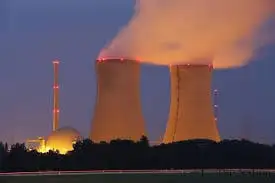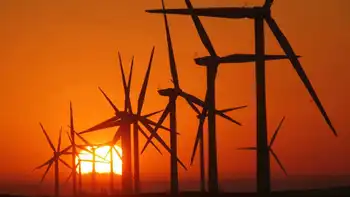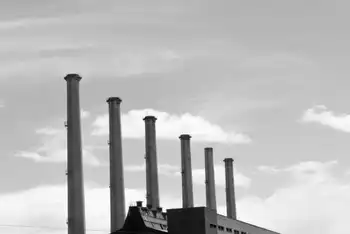Coal-dependent Poland considers nuclear power alternative
By Industrial Info Resources
High Voltage Maintenance Training Online
Our customized live online or in‑person group training can be delivered to your staff at your location.

- Live Online
- 12 hours Instructor-led
- Group Training Available
While several countries of Eastern Europe have local nuclear power stations, Poland has yet to join the bandwagon. A previous nuclear power project was stalled in the communist era of the 1980s.
The country is likely to decide on locations for two nuclear sites by the end of 2009.
However, it remains to be seen whether the proposals would be of an order of magnitude large enough for Poland to begin considering nuclear power as an alternative to coal-based power. Nuclear power could well remain one of several alternatives including natural and renewable energy resources to help wean the country off of coal.
Poland is currently involved in an off-territory project to develop a nuclear power plant in Visaginas, Lithuania. The other two Baltic states, Latvia and Estonia, are also part of the four-nation project. Lithuania pledged to shut down a Soviet-era nuclear power plant by 2010 as a prerequisite for joining the European Union and plans to replace it with the proposed nuclear power station.
However, the four nations are yet to enter into agreements to formally forge the partnership. This is likely to happen by the end of 2009.
Lithuania has yet to determine the generation capacity of the proposed plant, which could reach 3,400 megawatts (MW). The project is expected to require an investment of more than $10 billion, and the first unit is likely to be constructed by 2016-18. The plant will supply power to all four nations. Estonia has also launched a feasibility study for development of a nuclear power plant, but has not arrived at a final political decision pertaining to nuclear power.
Coal-fired thermal power plants generate 94% of Poland's energy, making it the world's second most coal-dependent country after South Africa. The country has 105 coal-fed power-generation and heating plants. While the country has rich coal reserves that are estimated to last for more than a century, the country is deficient in other fossil fuels. Poland also does not enjoy favorable conditions to make an extensive transition to hydroelectric power or other renewable sources of energy such as wind farms.
Poland is likely to veto the E.U.'s goals for 2020 that involve reduction of greenhouse gas emissions by 20% from the levels in 1990, increasing the use of renewable energy to 20% of each nation's total energy consumption, and the reduction of overall energy use by 20%. Carbon-dioxide emission levels from Poland are twice the E.U.'s average levels of emissions.
According to the European Nuclear Society, 197 nuclear power plants currently operate in Europe with a total installed capacity of 170,000 MW. More than one-third of this is generated by France, which has 59 nuclear reactors in operation. Ongoing projects include the development of 14 nuclear power plants in five European nations with an aggregate capacity of 13,000 MW.
In Asia, CLP Holdings Limited, one of the two electricity producers of Hong Kong, is currently assessing the feasibility of investing in two nuclear power projects with an aggregate capacity of 2,000 MW. The firm currently holds a 25% equity stake in a joint-venture nuclear power project at Daya Bay in Shenzhen, China, with China Guangdong Nuclear Power Holding. CLP Holdings is looking to top up the share of renewable sources in its energy portfolio from more than 5% at present to 20% by 2020.











